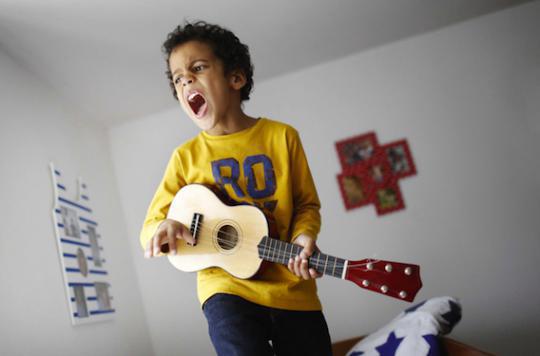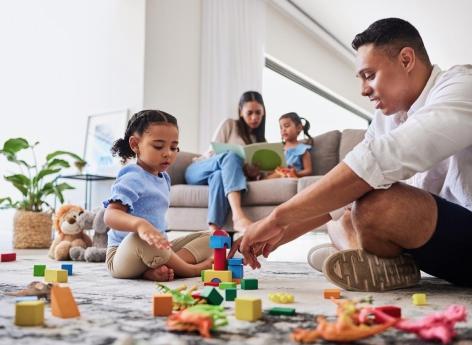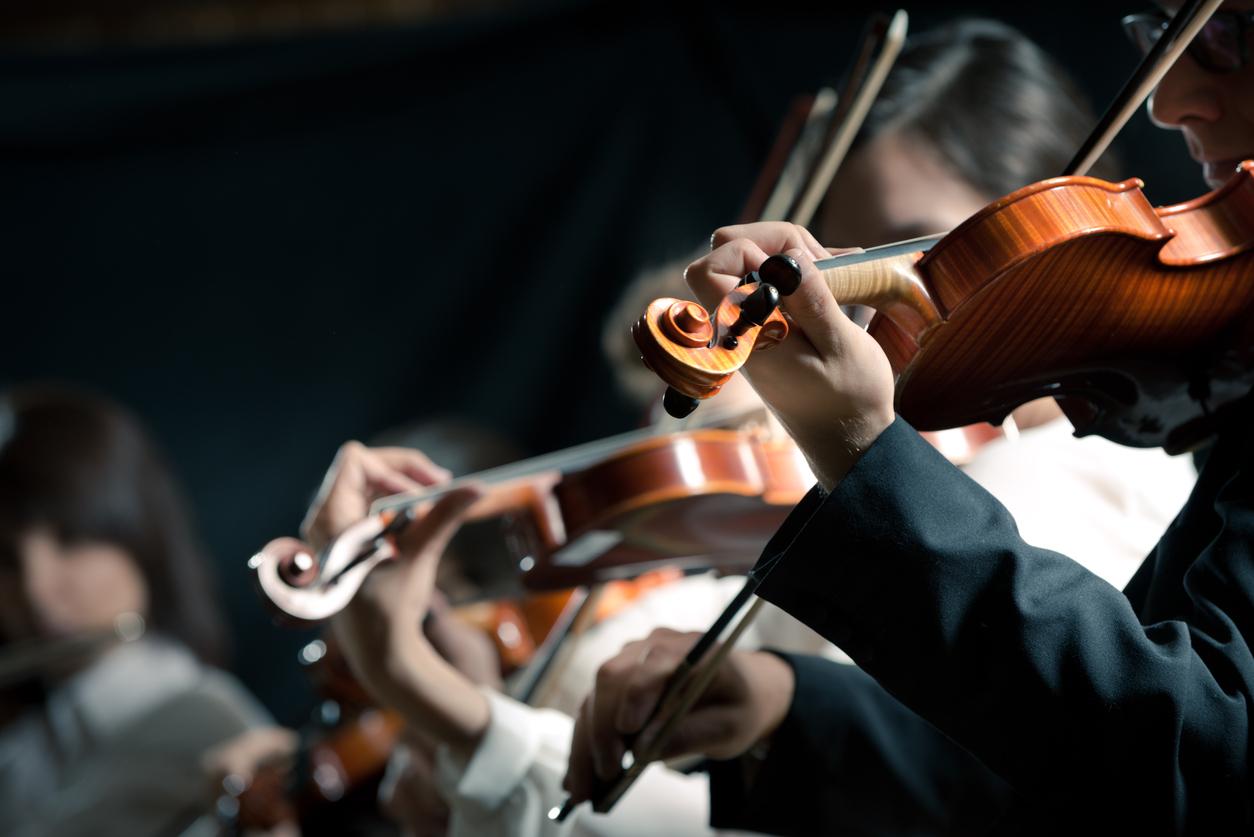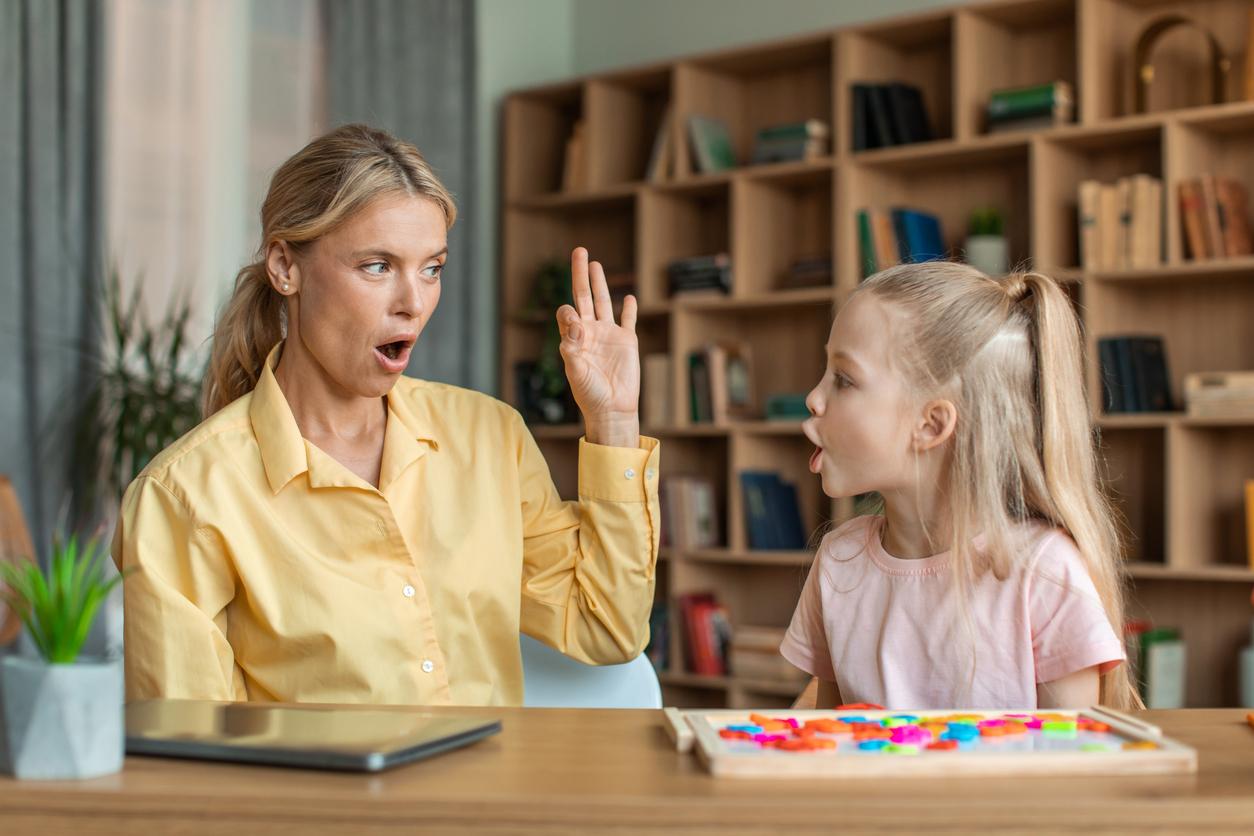Music would be a good way to improve the reading performance of dyslexic children. A method which must come in addition to speech therapy.

Music does not only soften manners. It also has proven health benefits, especially for children with dyslexia. These are the conclusions of an Inserm team, which subjected some of them to a musical apprenticeship treatment or to plastic art workshops.
For several years, researchers have shown that reading difficulties linked to dyslexia can be explained by a sound encoding problem. Dyslexics would have no trouble deciphering letters but rather reproducing sounds when reading. Many studies have also pointed out that these difficulties also result in poor coordination on the rhythm, whether it is when dancing, or participating in musical activities.
Rhythm exercises
Difficulties that can be exploited by science, in order to offer new treatments to young dyslexics. The researchers thus subjected children aged 8 to 11 to a musical treatment, at the rate of two weekly sessions for six months, with experienced music teachers. Rhythm exercises were offered to them.
A test group was also established, with children presenting the same profile who, for their part, had to follow plastic art sessions. At the same time, all participants benefited from speech therapy sessions.
6 out of 10 have progressed
Among apprentice musicians, the results are particularly encouraging. After six months, 60% of them had improved their reading skills, to the point of deviating from the criteria established by experts for diagnosing dyslexia.
The effects of plastic art, on the other hand, are less significant. Only 28% of children present results similar to musicians. In addition, the researchers then presented a new text to the young participants, to test their deciphering skills. Three quarters of musicians then obtain high performance levels, against 36% of “artists”.
The advantage of this therapy: it is an easy method to set up, and which has a not insignificant playful aspect to motivate children who sometimes drag their feet to go to the speech therapist. However, this does not mean that children should stop sessions with these professionals. It is the complementarity between the two approaches, music and speech therapy, which makes it possible to obtain encouraging results for children in the long term.
.

















